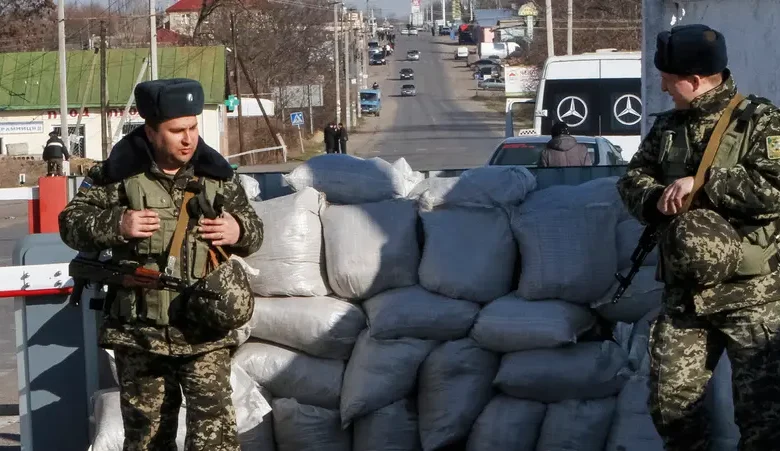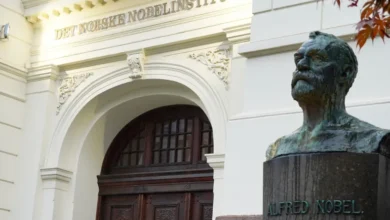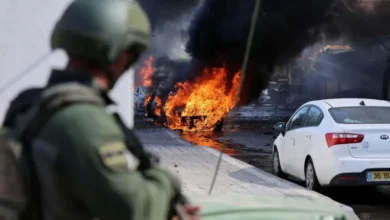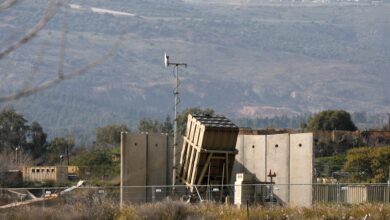Moldova denies ‘direct threat’ to Transnistria from Ukraine

Moldova’s ministry of defense on Friday denied that any “direct threat” by Ukraine to its pro-Russian separatist region exists, in an apparent response to Russian accusations that Kyiv was planning to “invade” Transnistria.
Moscow-backed Transnistria is a narrow region bordering Ukraine, which after a war separated from Moldova in 1992. Russian soldiers have been deployed there since.
“The Ministry of Defense monitors all events, actions and changes taking place in the region and on the territory controlled by Tiraspol” authorities, it said in a statement.
“We affirm that there is currently no direct threat to the military security” of Transnistria, it added.
“The false information distributed is intended to create panic and confusion among people on both sides of the Dniester River.”
Earlier Friday, the Russian foreign ministry said that its army will “respond” to any provocation by Ukrainian forces in Transnistria.
Moscow also reiterated its accusations alleging Ukraine was deploying a “large number” of soldiers and arms at the border.
In recent years, Moldova, a poor country of 2.6 million people, has taken a pro-Western turn, drawing Moscow’s ire.
Since the launch of the offensive in Ukraine a year ago, the Kremlin has been accused of raising tensions in Transnistria to destabilize Ukraine and Moldova.
Russia’s defense ministry on Thursday claimed that Ukraine had “stepped up preparations for the invasion” of Transnistria.
Moldova responded by saying that “state authorities do not confirm the information released… by the Russian Ministry of Defense.”
Earlier this month, Moldovan President Maia Sandu accused Russia of plotting to violently overthrow her government through saboteurs disguised as anti-government protesters, claims that Russia denied.
On Tuesday, Russian President Vladimir Putin revoked a 2012 decree that partly supported Moldova’s sovereignty and was designed to serve as a framework to resolve the future of the breakaway region of Transnistria.
The order signed Tuesday indicated that the decision was taken to “guarantee the national interests of Russia in the context of profound changes taking place in international relations.”










